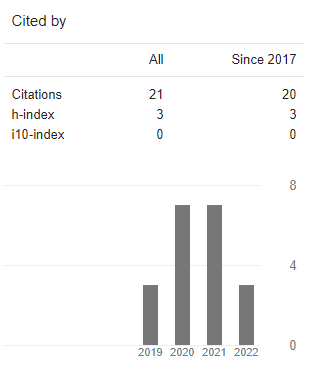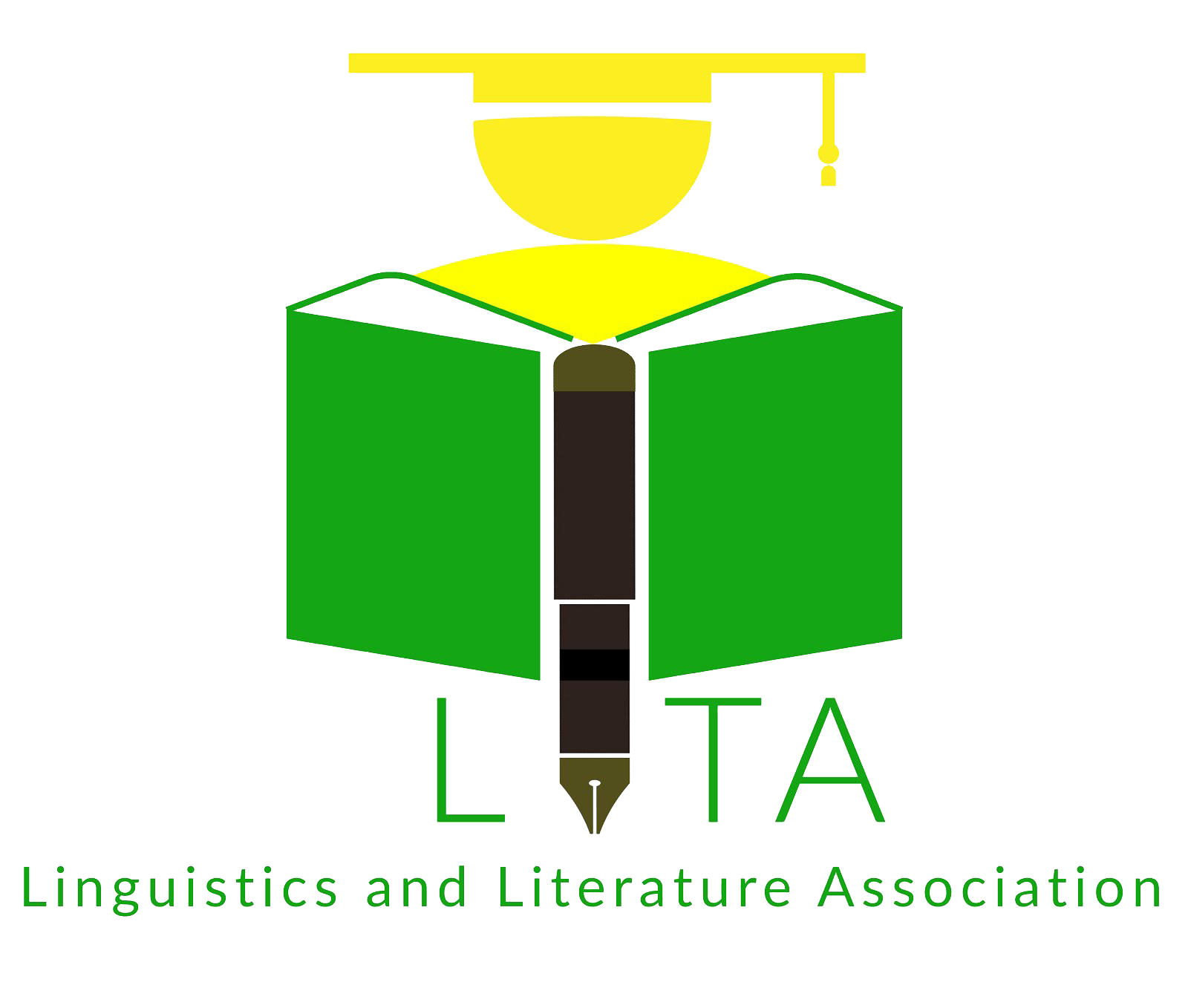American Dervish and Green Card: “Unexpected Passengers†in the Diaspora Literature?
DOI:
https://doi.org/10.21776/ub.alphabet.2019.02.01.01Keywords:
Definition of diaspora, diaspora literature, Pakistani diaspora, Indonesian diasporaAbstract
The term diaspora has evolved in its use from referring only to the Jewish diaspora to referring to communities around the world that have spread beyond their cultural and historical homelands. The contemporary definition of the term includes what used to be the peripheral elements in the diaspora, i.e. the unexpected passengers in the diaspora vessel. In this article, I propose to ask about 1) how literary works by recent diaspora groups (non-Jewish diaspora groups) can be categorized as diasporic literature, and 2) what themes related to the diaspora experience they bring to the table. The study explores two works, i.e. American Dream by Ayad Akhtar, an American writer of Pakistani descent, and Green Card by Indonesian writer Dani Sirait. In the first work, American Dervish, one can find themes from post-9/11 Pakistani diaspora life in the United States with the special focus on the critical view of the diaspora community. Meanwhile, Green Card presents the story of an Indonesian man trying his luck as a migrant worker while maintaining his strong belief that his struggle in the foreign land matters more than his actual succeed in the pursuit. While having different causes for the spread of the communities to which the characters of the two works belong, both works appear to see the United States as the land of opportunity, the destination of the diaspora. These two works represent two cases of probably the most recent cases of unexpected passengers in the diaspora literature.References
Akhtar, A. (2012). American dervish: a novel. New York: Hachette Book Group.
Ashcroft, B., Griffiths, G., & Tiffin, H. (1998). Key concepts in post-colonial studies. London: Routledge.
Cohen, R. (2008). Global diasporas: an introduction. Oxon: Routledge.
Hoadley, A. G. N. (2005). Indonesian literature vs new order orthodoxy: the aftermath of 1965-1966 (Vol. 101). Copenhagen: Nias Press.
Kachru, B. B., Kachru, Y., & Sridhar, S. N. (2008). Language in South Asia. Cambridge: Cambridge University Press.
Muhidin, S. U., Ariane. (2015). Global Indonesian diaspora: how many are there and where are they? Journal of ASEAN Studies, 3(2), 93–101.
Pakistani Americans. (n.d.). Countries and their cultures. Retrieved from https://www. everyculture.com/multi/Le-Pa/Pakistani-Americans.html
Park, H. (2015). Toward a definition of diaspora literature. In The Cambridge Companion to Asian American Literature (pp..155–166). Cambridge: Cambridge University Press.
Prahadi, Y. Y. (2015). Diaspora, tak sekadar penyumbang devisa negara. SWA. Retrieved from https://swa.co.id/swa/ business-strategy/diaspora-tak-sekadar-penyumbang -devisa-negara
Safran, W. (1991). Diasporas in modern societies: myths of homeland and return. Diaspora: A Journal of Transnational Studies, 1(1), 83–99.
Sastrodinomo, K. (2018). Diaspora, perantau, pengelana. Kompas, p. 12.
Sejarah Kami. (n.d.). Indonesian diaspora network. Retrieved from http://www.diasporaindonesia.org/index.php/idn/about
Shackleton, M. (2009). Diasporic literature and theory-where now? Cambridge: Cambridge Scholars Publishing.
Sirait, D. (2014). Green card. Jakarta: Gramedia Pustaka Utama.
Suashta. (2017). Menggugat status diaspora dari perspektif tki. CNN Indonesia. Retrieved from https://www.cnnindonesia.com/ internasional/20170822152126-106-236491/menggugat-status-diaspora-dari-perspektif-tki
Zhang, B. (2007). Asian diaspora poetry in North America. New York: Routledge.




















